Senedd roundup: First Minister urges caution over Covid-19 vaccine announcement
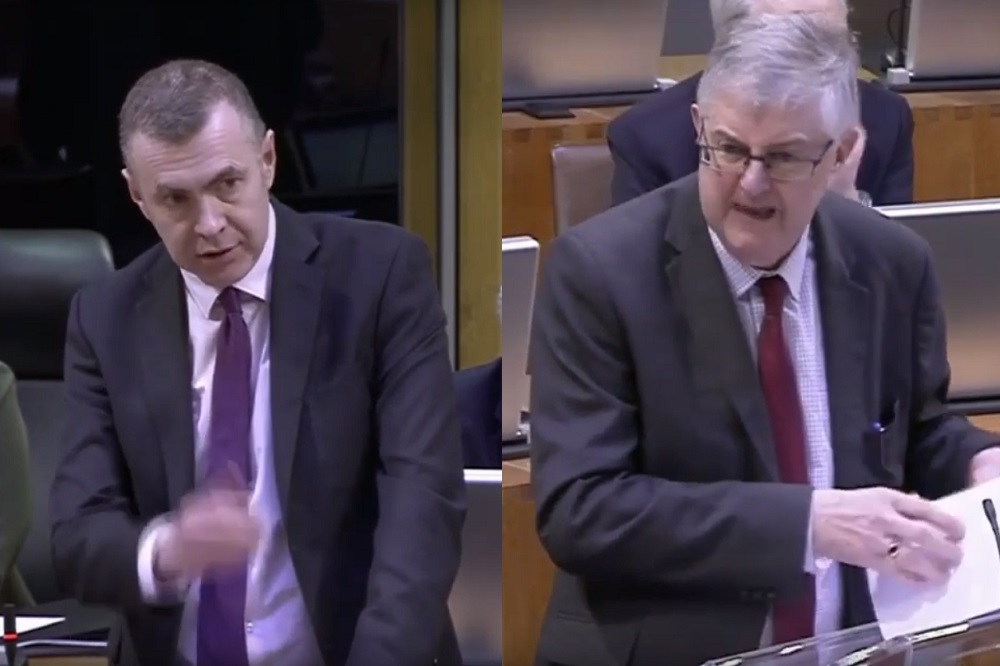
Owen Donovan, Senedd Home
First Minister’s Questions.
Adam Price MS (Plaid, Carms. E & Dinefwr) describes yesterday’s news that a working Covid-19 vaccine had potentially been discovered as a “glimmer of hope”. He asked several technical questions about how a vaccine would be handled and distributed, but more importantly, asked who would be first in the queue to receive it if/when it’s distributed.
“….have you looked at alternative methods for prioritisation (for the vaccine), for example, the Oxford risk prediction tool, which stratifies the population according to a wider list of risk factors? In particular, will you be prioritising the roll-out of the vaccine in communities with demonstrably greater risk of infection, for areas of high socioeconomic deprivation, the black, Asian, minority ethnic communities and areas with higher levels of infection?”
– Adam Price MS
The First Minister said it was right to describe the vaccine news as a “glimmer” of hope as it shouldn’t be exaggerated.
There were practical issues to overcome as the vaccine needs to be stored below -75C. While the Welsh Blood Service has the facilities to store it at those temperatures, he understood that vaccine can only be taken out of storage four times before it becomes useless.
While the First Minister agreed in principle that vaccination priorities could be fine-tuned to include groups like BAME communities. For now, those in regular contact with infected or vulnerable people would be first in line.
“….until we’re certain….which groups this particular vaccine will be effective for, then we’re likely to start with healthcare staff, social care staff, to make sure that frontline workers who are regularly in contact with people with coronavirus are vaccinated, and then, if it is effective with older people, then it will be care home residents and people in later stages of life that will get the next priority.”
– First Minister, Mark Drakeford (Lab, Cardiff West)
Growing concerns over treatment backlogs
Leader of the Opposition, Paul Davies MS (Con, Preseli Pembs.), returned to the issues of treatment backlogs, particularly cancer, resulting from the pandemic. Would the Welsh Government consider creating Covid-free hospitals (hospitals dedicated exclusively to non-Covid treatment; at the moment hospitals are split into Covid and non-Covid zones)?
“….figures today have shown that around 49,000 patients in September had been waiting for more than a year for an NHS treatment in Wales, and that’s a tenfold increase for all treatments compared to September last year….And those same figures show that 18,000 people are waiting for some kind of treatment at Betsi Cadwaladr Health Board – a health board that is directly under your control.”
– Leader of the Opposition, Paul Davies MS
To the First Minister, coronavirus remains a threat to non-Covid related treatment as if case numbers exceed treatment capacity, there’ll be less time and room to treat those conditions.
Health boards were doing their best to ensure non-Covid care can continue. He stressed that it would be difficult to create Covid-free hospitals in Wales due to the small number of general hospitals in the country as a whole. Would Paul Davies himself want Withybush Hospital turned into a Covid-free hospital, requiring locals to move to receive treatment elsewhere?
Today’s update from public Health Wales has confirmed 22 further deaths due to coronavirus in the last 24 hours.
Thirteen of the deaths were from the Cwm Taf Morgannwg health board area, three were in Aneurin Bevan, two in both Swansea and Betsi Cadwaladr and one each in Cardiff and Vale and Hywel Dda.
There have also been 444 new cases of the virus confirmed across Wales since yesterday.
Cardiff (61) recorded the highest number of new positive tests, followed by Rhondda Cynon Taf (55) and Bridgend (38).
The recent improvement of the rate of infections and positive tests proportion has continued.
The infection rate in Merthyr remains the highest in Wales but has declined from 505.6 per 100,000 of the population to 499 yesterday. RCT has the highest positive test rate in Wales at 24.5% per 100,000 tests, down from 25.8% yesterday.
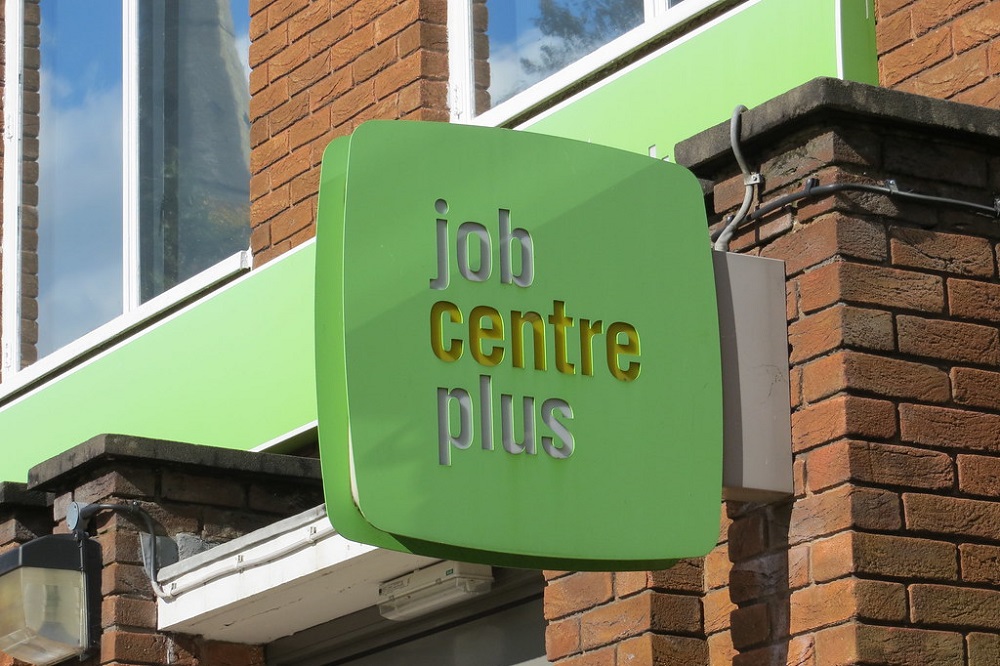
Wales sees largest rise in unemployment across the UK
Latest figures from the Office for National Statistics have confirmed that unemployment in Wales increased to 4.6% between July and September, a jump of 28,000 compared to the previous quarter.
That represents the biggest quarterly increase across the UK.
Wales has also seen a drop in the number of people in employment, down 42,000 from the previous quarter. The decline by 2.5% from 74.6% to 72.1%, is also the biggest in the UK.
The ONS figures do not include people who were furloughed but the UK Treasury estimated the number of workers furloughed in Wales reached its peak in July at 378,400 – close to 29% of eligible jobs. By the end of August this had dropped to 130,000.
The scheme, launched in March was originally due to end last month but on 31 October the chancellor announced it was being extended.
Jonathan Athow, the ONS deputy national statistician for economic statistics, said: “Unemployment grew sharply in the three months to September, with many of those who lost their jobs earlier in the pandemic beginning to look for work again. The number of redundancies has also reached a record high.
“Vacancies continued to recover from the very low numbers seen earlier in the year. However, these figures predate the reintroduction of restrictions in many parts of the UK.”
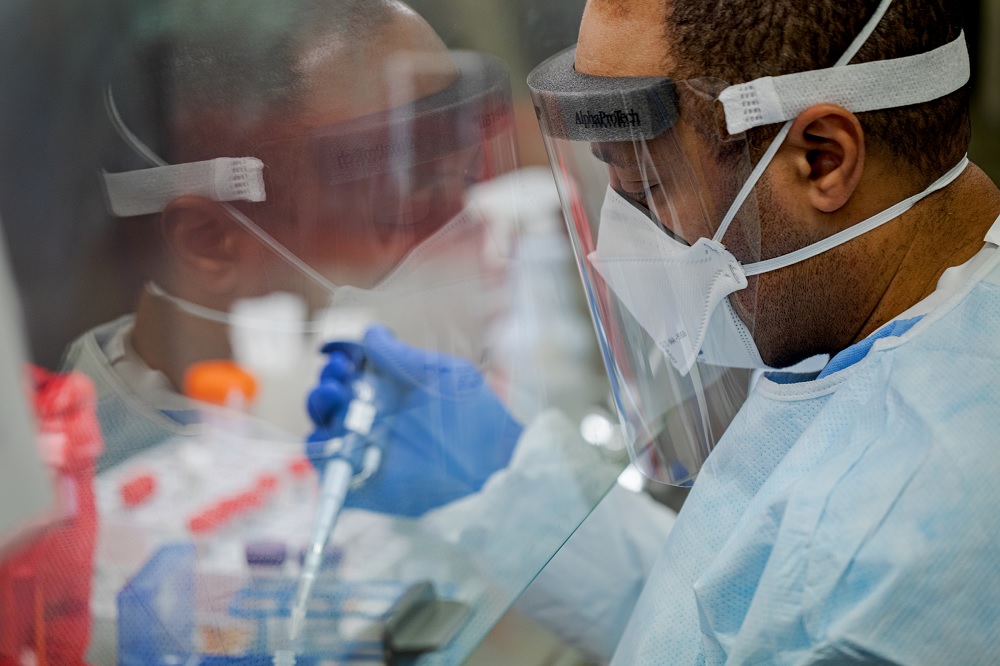
Glangwili hospital closes wards as patients test positive for coronavirus
Two wards at Glangwili hospital, Carmarthen have closed after a number of patients in two wards tested positive for Covid-19 over the weekend.
As a precautionary measure the hospital has cancelled several clinics due to the cluster of infections.
According to the South Wales Guardian the number of patients affected is “under 25”.
Hospital General Manager Sarah Perry told the newspaper: “Covid-19 is circulating in our communities, but thanks to testing and tracing, and stringent infection prevention measures, we are much more aware and able to deal with risks in order to protect our patients, staff and wider community.
“This is why we have contained two areas of Glangwili General Hospital at present, in line with our plans for managing in-hospital transmission of Covid. We are closely monitoring the situation and working with partners including Public Health Wales and the local authority.”
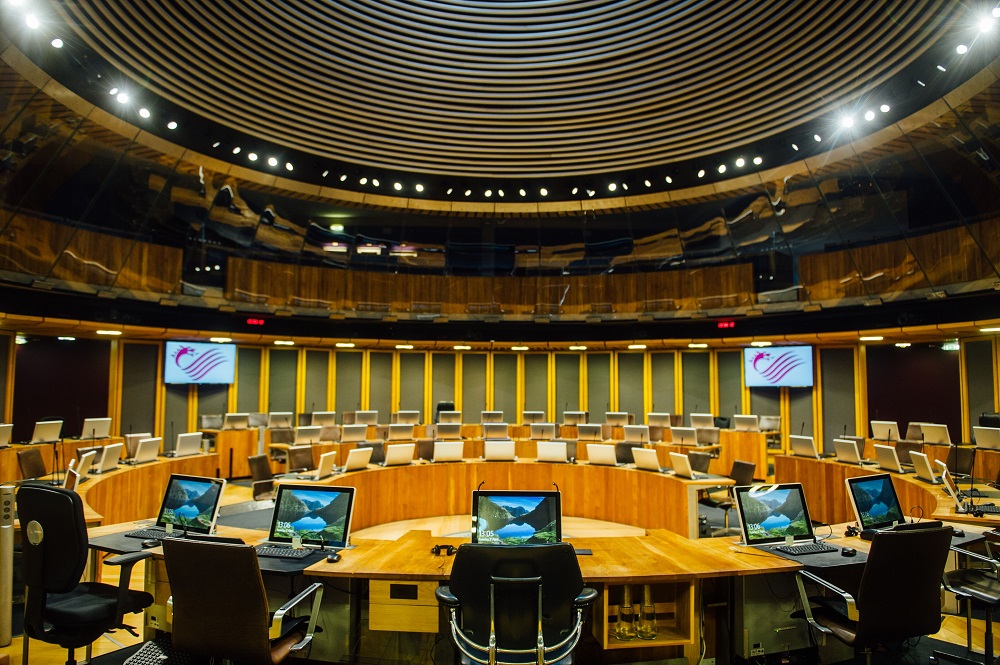
Report: Next Senedd election “should aim to be held on May 6th 2021 as planned”
A report from an elections planning group – formed to consider the impact of the Covid-19 pandemic on elections – was published towards the end of last week.
The group included representatives from political parties, the Electoral Commission, Senedd Commission, returning officers, UK Government and the police (for Police & Crime Commissioner elections, which were delayed from May 2020).
No firm decisions have yet been made. However, there are some areas of consensus:
- The aim should be for the next Senedd election to take place on May 6th 2021 as planned.
- People should be encouraged to register early for a postal vote to discourage a late rush for applications, with a particular emphasis on those people who’ve been asked to shield during the pandemic or are otherwise vulnerable.
- There’s support for a degree of flexibility concerning proxy voting whilst maintaining measures against electoral fraud. It’s suggested, for example, that a single proxy could vote for multiple people (i.e. if a household is self-isolating).
- Voting in an election will be considered an “reasonable excuse” to leave home in the event of future local lockdowns.
- Vote counts could take longer to protect count staff and other election officials.
Other matters discussed (but without full consensus yet) include the possibility of delaying to the election, via legislation, to summer or autumn 2021 (at present it can only be delayed by a month); giving the Senedd two weeks to meet after the election in the event of an extended count; extending voting hours or allowing voting to take place across several days.
A Senedd debate on the group’s initial recommendations is due to take place next Tuesday (17th November 2020).
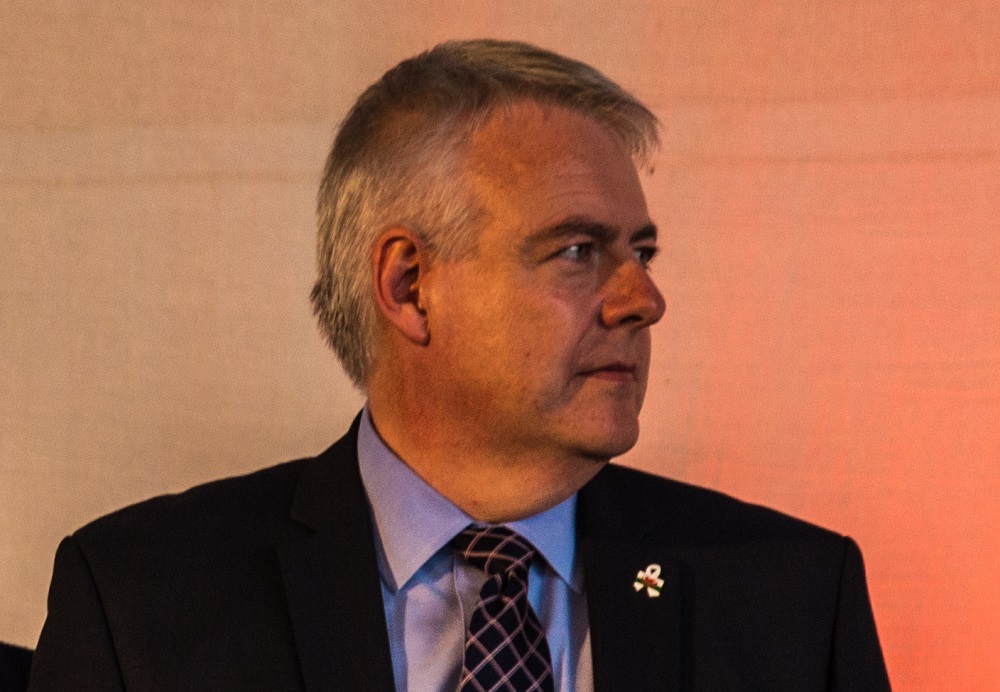
Former First Minister disputes claim he breached the Ministerial Code
Former First Minister, Carwyn Jones MS (Lab, Bridgend), has disputed a claim by the UK’s Advisory Committee on Business Appointments (ACOBA) that he breached the Ministerial Code by taking up a position on an energy advisory board linked to the steel industry.
The Western Mail’s Martin Shipton reported last week that Carwyn Jones (in his position as advisor to energy firm, Simec) – accepted a role on an advisory board for a wider international alliance called GFG Energy, which includes Liberty Steel.
While ACOBA told Mr Jones earlier this year that the length of time he’s has spent out of office would mitigate any risks, it was considered a potential conflict of interest for his to accept the GFG role because of his inside knowledge of the Welsh steel industry during the 2016-17 steel crisis, which meant he would have “highly sensitive commercial knowledge” that could benefit GFG.
Carwyn Jones’ register of interests has been properly updated and he assured ACOBA he would be recused from advising on matters related to steel.
However, ACOBA considered his acceptance of a role on GFG’s energy advisory board (via Simec) to be a breach of the Ministerial Code, saying that: “It is not for a former minister to decide for him or herself how to manage these risks”.
Mr Jones criticised the process, saying: “I followed the advice that this committee gave and was very surprised to receive this letter from (ACOBA). I would rather that they had just said no in the start. The process has no rules, no right to a hearing, no appeal and no complaints process. I will leave people to judge whether this is a fair and transparent process.”
The Welsh Government hasn’t yet made a decision on how to respond.
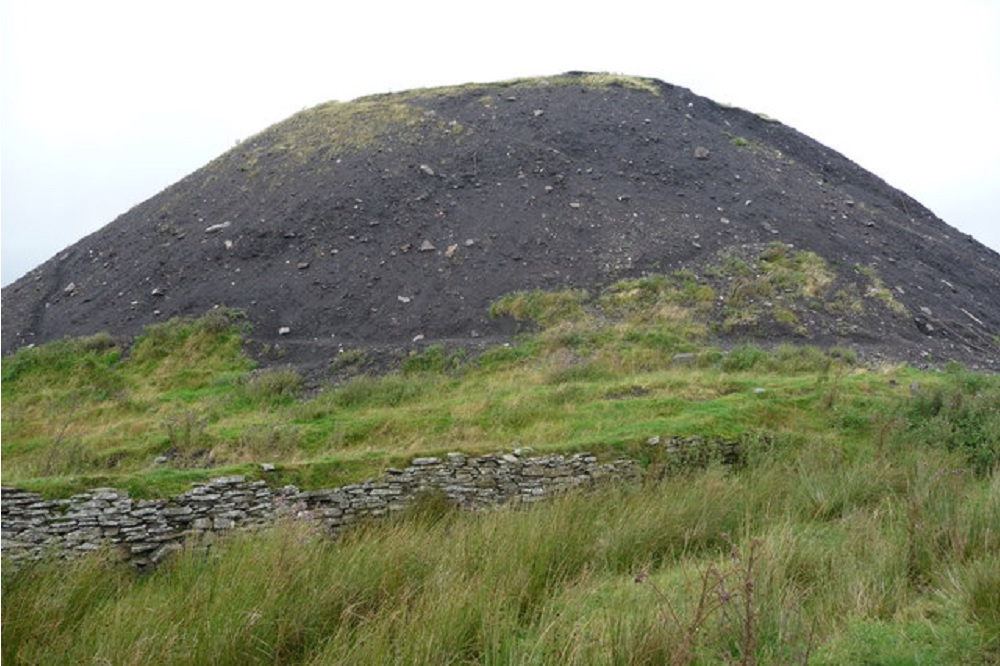
Securing coal tips “will cost £500million”
Days after the 54th anniversary of the Aberfan disaster, the UK Chancellor of the Exchequer, Rishi Sunak MP, warned that the total cost of securing the estimated 1,000 coal tips in Wales would be at least £500million over ten years.
A major landslide at Tylorstown in the Rhondda Fach valley during storms earlier in 2020 resulted in coal tip safety being given a higher priority. The British Geological Survey has warned that that climate change and geological shifts could result in future landslides unless coal tips are made secure.
A review has already been launched into the stability of coal tips, while the Welsh Government supports a coal tip register.
Responsibility for securing coal tips generally lies at a UK level as it’s a function of the Coal Authority – an executive body of the UK Government. However, some coal tips may be owned and managed by local authorities.
The Welsh Government said: “While we welcome recent announcements by the UK Government, along with their recognition that the longer-term costs will be significant, no further funds have been forthcoming and we continue to press them for the full amount of funding needed, as promised by the Prime Minister”.

Call for more younger people to consider becoming magistrates
The Magistrates Association has called for more people under the age of 30 to consider applying for the role, as figures reveal just 1% of magistrates in Wales (equating to about 10 people) were under that age and there were just 41 magistrates aged 30-40.
Magistrates deal with less serious criminal cases and some family law cases. At present, the age to apply is between 18-65, with a compulsory retirement age of 70.
It’s said that encouraging a wider pool of applicants would bring broader perspectives to magistrates’ court cases.
Llanelli-based solicitor Gareth Jones said: “When I talk with defendants before and after they’ve been in court, some say that the chair was nice, was lovely, but others say that ‘the person up there, in his 60s, is talking to me like I’m a child and they don’t understand what I’ve been through’”.
The criminal justice system is non-devolved. The UK Ministry of Justice told BBC Wales they have a £1million programme to encourage people from a wider range of backgrounds to become magistrates.

Civil service recruitment scheme for veterans launched
The Welsh Government has pledged to make the Welsh government “a great place for veterans to work” after the UK Cabinet Office launched a recruitment scheme for former members of the armed forces.
People leaving the armed forces who meet the minimum requirements for a civil service vacancy will effectively be guaranteed an interview or internal assessment (where applicable).
The scheme will be open to people who’ve served in the armed forces (reservist or full-time) for a minimum of a year and have either already left (regardless of how long ago it happened) or are in the process of leaving the armed forces.
The civil service is non-devolved, though the First Minister said: “The Welsh Government will be all the richer for having the skills and talents of veterans working in our Civil Service. We’re looking forward to welcoming Wales’ ex-service personnel take their next career step with us.”
Support our Nation today
For the price of a cup of coffee a month you can help us create an independent, not-for-profit, national news service for the people of Wales, by the people of Wales.





